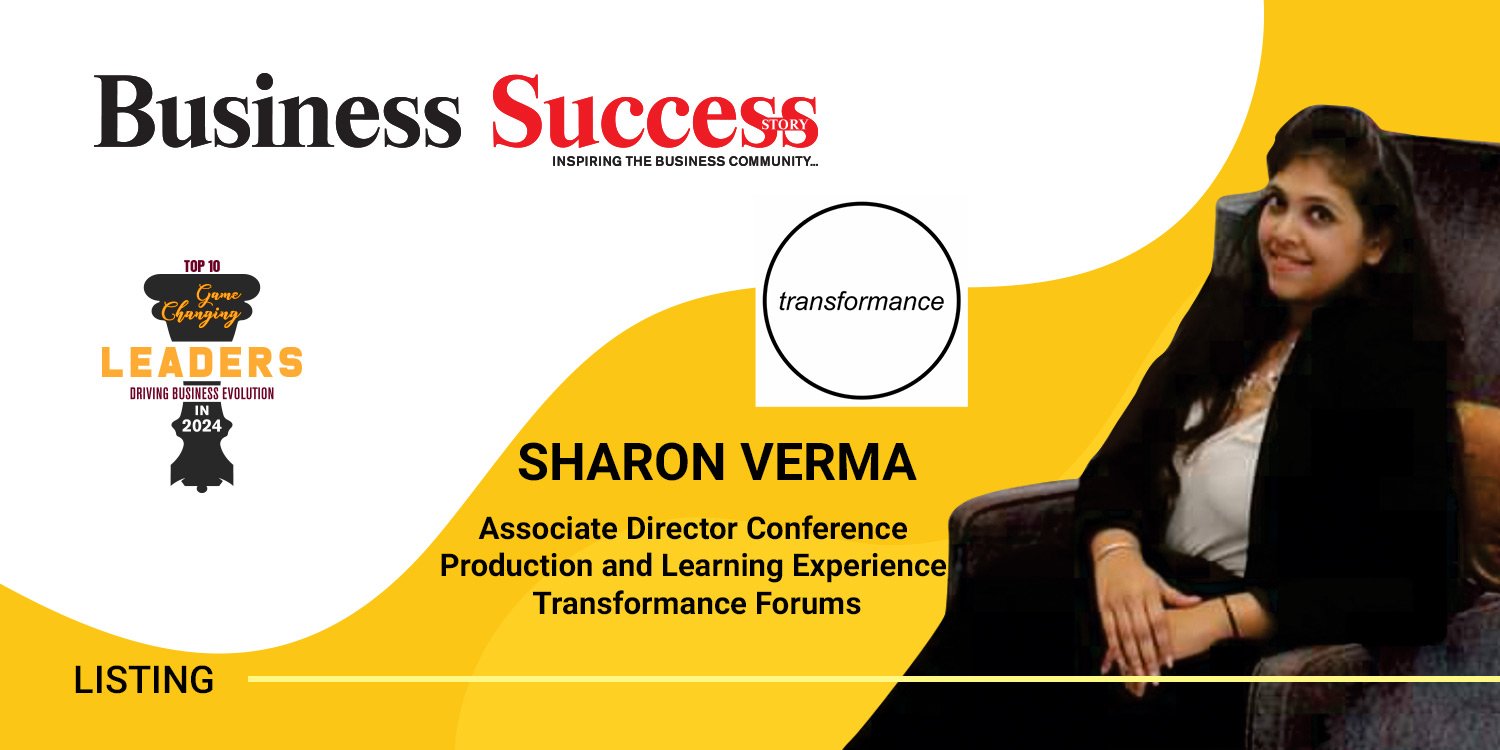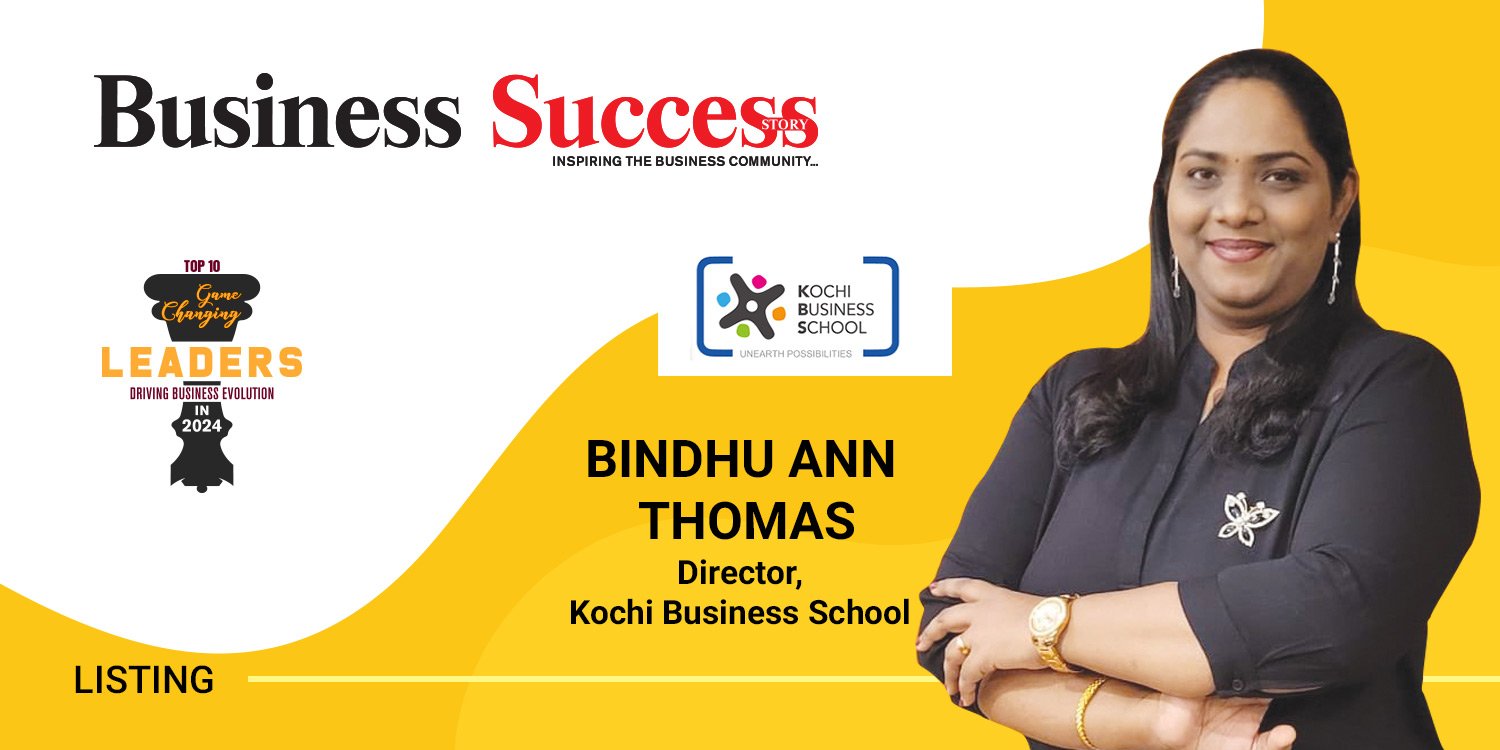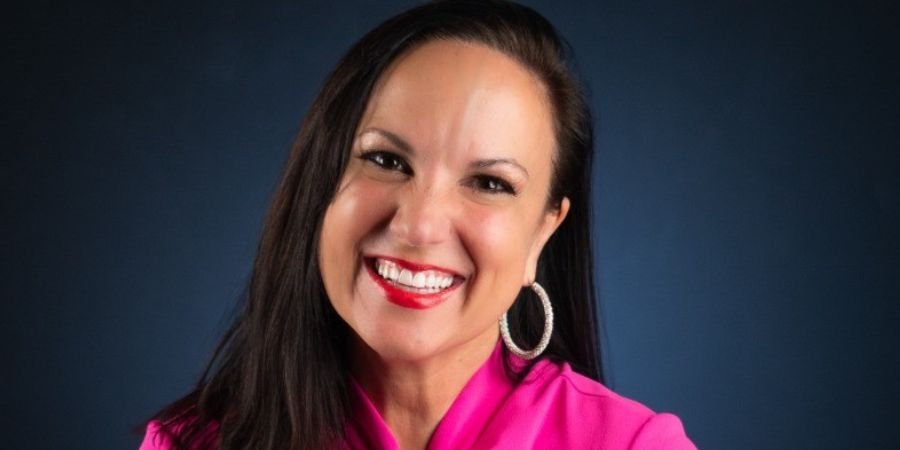In the business world, women often face distinctive challenges, especially in leadership roles. Acknowledging and addressing these challenges is crucial for promoting women’s advancement in leadership and creating a more inclusive and diverse corporate landscape. Here are ten significant challenges that women executives encounter and strategies for overcoming them:
- Combating Gender Bias: Gender bias is a prevalent barrier, with stereotypes limiting career advancement opportunities for women. Only 27.1% of women occupy managerial and leadership roles. Tackling this requires awareness, mentorship programs, inclusive cultures, and empowerment initiatives.
- Achieving Work-Family Balance: Juggling a demanding career and family life is particularly challenging for female executives. With working mothers 28% more likely to experience burnout than fathers, finding a personal strategy for balance is key. Techniques include setting boundaries, effective time management, and seeking support networks.
- Overcoming Imposter Syndrome: Many women in leadership grapple with feeling undeserving of their success, which can impede confidence and career growth. Addressing imposter syndrome involves sharing success stories, reframing negative thoughts, and celebrating achievements.
- Expanding Mentorship and Networking: The lack of female mentors and networks in executive positions hinders professional growth. Building a support network is essential, involving seeking mentors, joining professional groups, and mentoring others.
- Addressing Unequal Pay: Women still face a significant pay gap in leadership roles. Overcoming this requires negotiation skills, salary research, and advocating for pay transparency.
- Dealing with Workplace Discrimination and Harassment: This is still a major problem that has an impact on women’s careers. Understanding legal protections and fostering a respectful, inclusive workplace culture are crucial steps.
- Managing Team Dynamics: Leading diverse teams demands exceptional leadership skills to navigate varying personalities and expectations. Creating an inclusive culture, setting clear expectations, and encouraging open communication are vital.
- Building Confidence Against Stereotypes: Stereotypes about women’s confidence can hinder their progress. Strategies to combat this include practicing self-assurance, effective communication, and embracing one’s unique leadership style.
- Developing a Unique Leadership Style: Authenticity is key in leadership. Women should find and embrace their own leadership styles through introspection and adaptability.
- Navigating Public Scrutiny: Female executives often face more intense scrutiny, which can affect confidence and decision-making. Coping strategies include developing resilience, focusing on core values, and leveraging support networks.
Cindy Monroe’s experience as a female executive and founder of Thirty-One Gifts illustrates the potential for success despite these challenges. Her journey from a basement startup to a multimillion-dollar company, alongside her efforts to empower other female entrepreneurs, highlights the importance of perseverance, support, and leadership in overcoming obstacles faced by women in business














